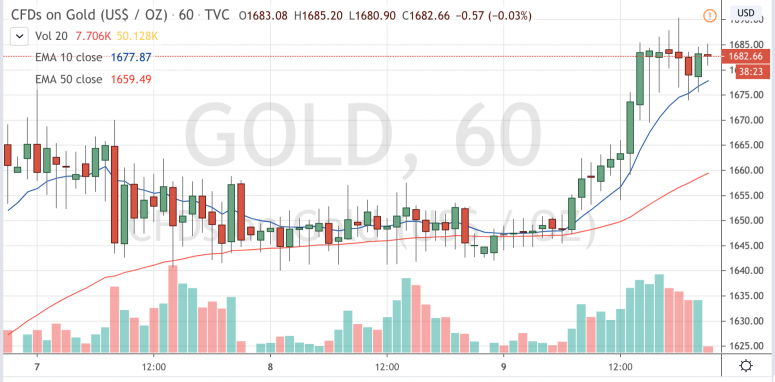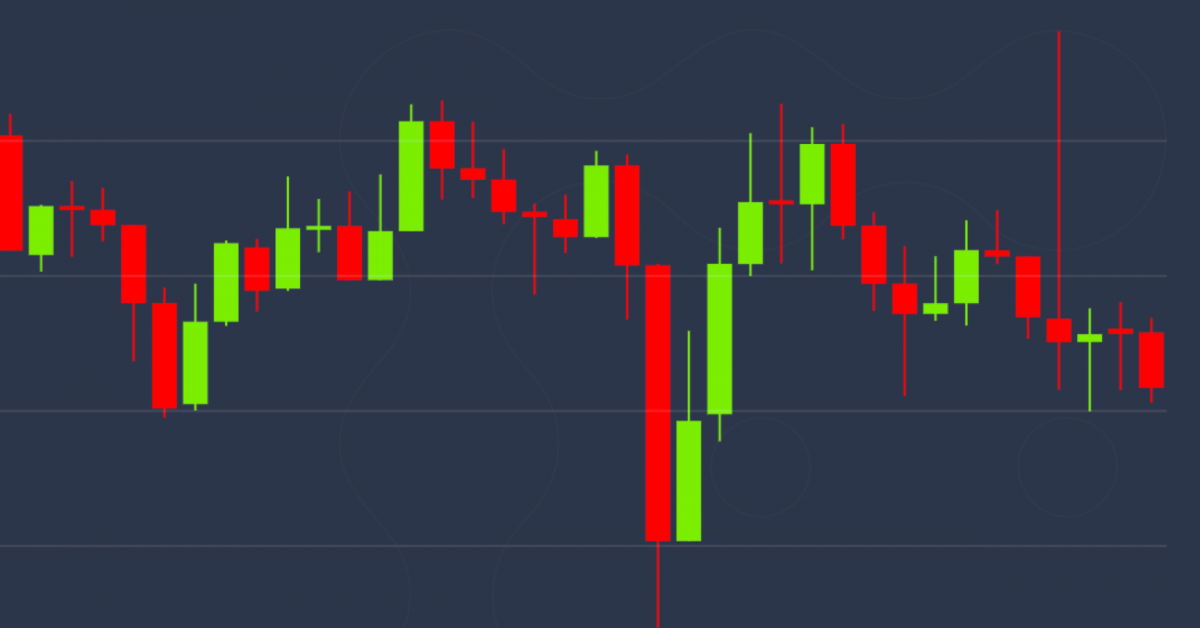Bitcoin and ether fell slightly Thursday as traditional markets climbed on additional stimulus measures by the U.S. Federal Reserve and Bank of England.
Over the past 24 hours, bitcoin (BTC) was down 1 percent Thursday afternoon New York time and ether (ETH) was down 1.2 percent.
Notable gainers on CoinDesk’s big board include dash (DASH) up 8 percent, zcash (ZEC) in the green 8 percent and bitcoin gold (BTG) climbing 4 percent. Digital assets in the red include bitcoin cash (BCH) down 4 percent, tron (TRON) dropping 2 percent and cardano (ADA) slipping 1 percent. All 24-hour price changes are as of 20:15 UTC (4:15 p.m. EDT) Thursday.
In the traditional markets, Asia’s Nikkei 225 index closed flat, down a miniscule 0.04 percent. Japan central bank Governor Haruhiko Kuroda said Thursday that uncertainty about his country’s economic outlook is “extremely high.”
Europe’s FTSE 100 ended the day up 2.9 percent as the Bank of England extended an existing agreement to bankroll the U.K. economy.
In the U.S., the S&P 500 closed New York’s trading day up 1.4 percent. The Federal Reserve announced new stimulus measures to contain the economic fallout from the continuing coronavirus pandemic.
The central bank rolled out a program worth $2.3 trillion, including a “Main Street Lending Fund” of $600 billion to offer support to small and medium-sized businesses, and $500 billion in lending to states and municipalities.
The Fed also expanded the size and scope of the Primary and Secondary Market Corporate Credit Facilities and the Term Asset-Backed Securities Loan Facility to support as much as $850 billion in credit.
After the Fed announced the new measures, bitcoin rebounded from an intraday low of $7,100, quickly reversing a steep decline. It’s currently trading in a sideways range around the $7,200 level.
Stocks, particularly in the U.S., are seeing gains this week. But there’s some doubt whether this can last. “U.S. stocks will still be in a very precarious situation in April as the ongoing pandemic remains far from over,” said Toby Wu, a senior analyst for multi-asset brokerage eToro.
Since taking a beating in mid-March, bitcoin had been steadily climbing, driven by predictions that new-money injections from governments and central banks around the world would eventually spur inflation. Bitcoin is often touted as a hedge against inflation and many analysts say it will benefit one way or another from the unconventional methods adopted by the Fed to combat the coronavirus-led slowdown. If it’s a risk asset, as skeptics see it, bitcoin should rise along with other high-yielding instruments; if it’s truly the haven adherents claim it to be, it should attract investment for that reason.
Perhaps supporting inflationary concerns, foreign exchange traders dumped the U.S. dollar Thursday, sending the dollar index, which tracks the value of the greenback against other major currencies, down to 99.50 from 100.00. Elsewhere, gold, a classic haven asset and hedge against inflation, is currently trading up at 2.4 percent.

So why isn’t the bellwether cryptocurrency soaring on the latest intervention announcements? Profit-taking was the name of the game Thursday, market participants said.
“Crypto should be higher based on those large moves in conventional markets. However, we have seen net selling today. Traders are taking profit,” said Max Boonen, CEO of B2C2, a London-based over-the-counter (OTC) market maker.
This selling seems to be keeping bitcoin stuck in the $7,200 range.
“The recent weeks’ rally appears to have temporarily stalled at about $7,400, but the bullish outlook for bitcoin remains intact over the next one to 12 months,” said Greg Cipolaro, cofounder of Digital Asset Research, a cryptocurrency-analysis firm.
The case for bitcoin is “probably reinforced by the latest Fed action,” he said in a Telegram chat.
Disclosure Read More
The leader in blockchain news, CoinDesk is a media outlet that strives for the highest journalistic standards and abides by a strict set of editorial policies. CoinDesk is an independent operating subsidiary of Digital Currency Group, which invests in cryptocurrencies and blockchain startups.



